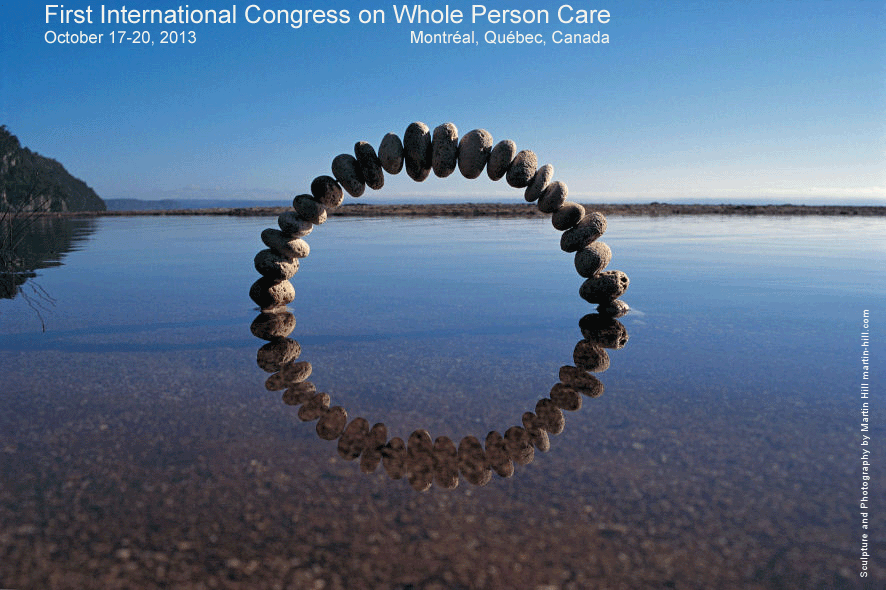Music Therapy in Whole Person Care at the End of Life
Main Article Content
Abstract
Whole Person Care aims to be deeply present to the person in the patient; acknowledging the integration of physical, psychosocial and spiritual facets of human experience, and creating a space in which healing, or a greater sense of wholeness, may occur. Music offers a potent tool in this endeavor. With its inherent capacity to engage body, mind and spirit, music can stimulate or calm, transport us to other times and places, reach our innermost emotions, and connect us to ourselves, our loved ones and our spirituality. In palliative care, music therapy joins with whole person care to meet patients and their loved ones as fully as possible.
Concepts central to whole person care will be presented and illustrated through the lens of clinical music therapy. For example, exploring how the skilful use of music addresses many dimensions of personhood will highlight Cassell’s concept of personhood. Demonstrating the ability of a significant melody to access and externalize personal meaning will integrate ideas from Frankl on meaning. Observing how relationship and creativity function as healing connections will draw from Mount, as will the idea of helping one move on a continuum from suffering to healing (Mount, Hutchinson, Kearney). The role of the health care professional as a ‘vulnerable-enough’ caregiver (Papadatou) or ‘wounded healer’ (Kearney) will also be touched upon. Throughout the presentation, poignant images, stories and video clips of patients engaging in music therapy at the end of life will serve to both enliven the didactic material and demonstrate how music therapy can create a space in which experiences of greater integrity may occur.
Article Details
Authors retain copyright and grant the journal right of first publication with the work simultaneously licensed under a Creative Commons Attribution License that allows others to share the work with an acknowledgement of the work's authorship and initial publication in this journal. Creative Comons 4.0 CC-BY
Authors are able to enter into separate, additional contractual arrangements for the non-exclusive distribution of the journal's published version of the work (e.g., post it to an institutional repository or publish it in a book), with an acknowledgement of its initial publication in this journal.
Authors are permitted and encouraged to post their work online (e.g., in institutional repositories or on their website) prior to and during the submission process, as it can lead to productive exchanges, as well as earlier and greater citation of published work (See The Effect of Open Access).
